Seasonal Home Maintenance Checklist for Twin Falls Residents
7011748352 • January 15, 2025
Maintaining your home is a year-round responsibility, but each season brings unique challenges—especially in Twin Falls, Idaho, where weather can vary dramatically. From icy winters to dry summers, keeping your home’s plumbing, heating, and mechanical systems in top shape is essential. Follow this seasonal home maintenance checklist to keep your home comfortable, safe, and efficient.
Winter: Preparing for the Cold
Idaho winters can be harsh, with temperatures often dipping below freezing. Protect your home and systems from winter’s chill with these tips:
Plumbing
Insulate Pipes: Wrap exposed pipes in unheated areas like garages, crawl spaces, and basements to prevent freezing.
Drain Outdoor Faucets: Disconnect garden hoses and drain outdoor spigots to avoid frozen pipes.
Monitor Water Heater: Ensure your water heater is functioning efficiently to handle increased winter usage.
Heating
Furnace Maintenance: Schedule a professional inspection to ensure your furnace is running efficiently.
Check Filters: Replace or clean furnace filters monthly for optimal airflow and heating efficiency.
Seal Drafts: Inspect windows and doors for drafts and seal them with weatherstripping or caulking to keep heat inside.
Spring: Time for Renewal
As the snow melts and temperatures rise, it’s time to assess your home for any winter damage and prepare for the warmer months.
Plumbing
Inspect for Leaks: Check faucets, pipes, and outdoor spigots for leaks caused by freezing temperatures.
Test Sump Pumps: If your home has a basement, ensure the sump pump is functioning to handle spring rains.
Clean Gutters: Remove debris from gutters and downspouts to ensure proper drainage.
Mechanical Systems
HVAC Tune-Up: Schedule a professional inspection of your cooling system to prepare for summer.
Inspect Thermostats: Test your thermostat to ensure it switches seamlessly between heating and cooling.
Summer: Keeping Cool and Conserving Water
Hot, dry summers in Twin Falls call for smart water use and efficient cooling systems.
Plumbing
Inspect Sprinkler Systems: Check for leaks or damaged sprinkler heads and set timers to avoid overwatering.
Install Water-Saving Fixtures: Consider adding low-flow showerheads and faucets to reduce water usage.
Cooling
Maintain Your AC Unit: Clean or replace filters and ensure the condenser unit is free of debris.
Use Ceiling Fans: Ceiling fans can reduce the load on your AC by circulating cool air more efficiently.
Fall: Preparing for the Frost
Fall is the perfect time to prepare your home for winter before temperatures plummet.
Plumbing
Winterize Sprinklers: Drain and blow out sprinkler systems to prevent freezing.
Inspect Water Heater: Flush sediment from your water heater to improve efficiency and extend its lifespan.
Heating
Furnace Check: Have your furnace inspected and serviced before the cold sets in.
Stock Up on Filters: Purchase extra filters to ensure you’re ready for winter maintenance.
Why Seasonal Maintenance Matters
Routine home maintenance not only prevents costly repairs but also ensures your home remains safe, comfortable, and energy-efficient year-round. By staying proactive, you’ll save time, money, and stress.

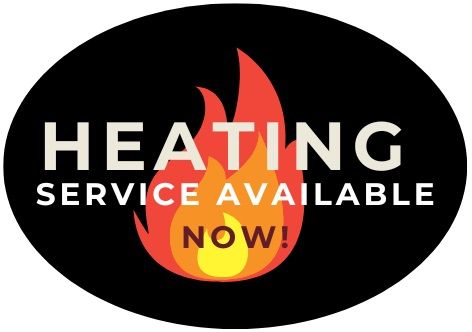
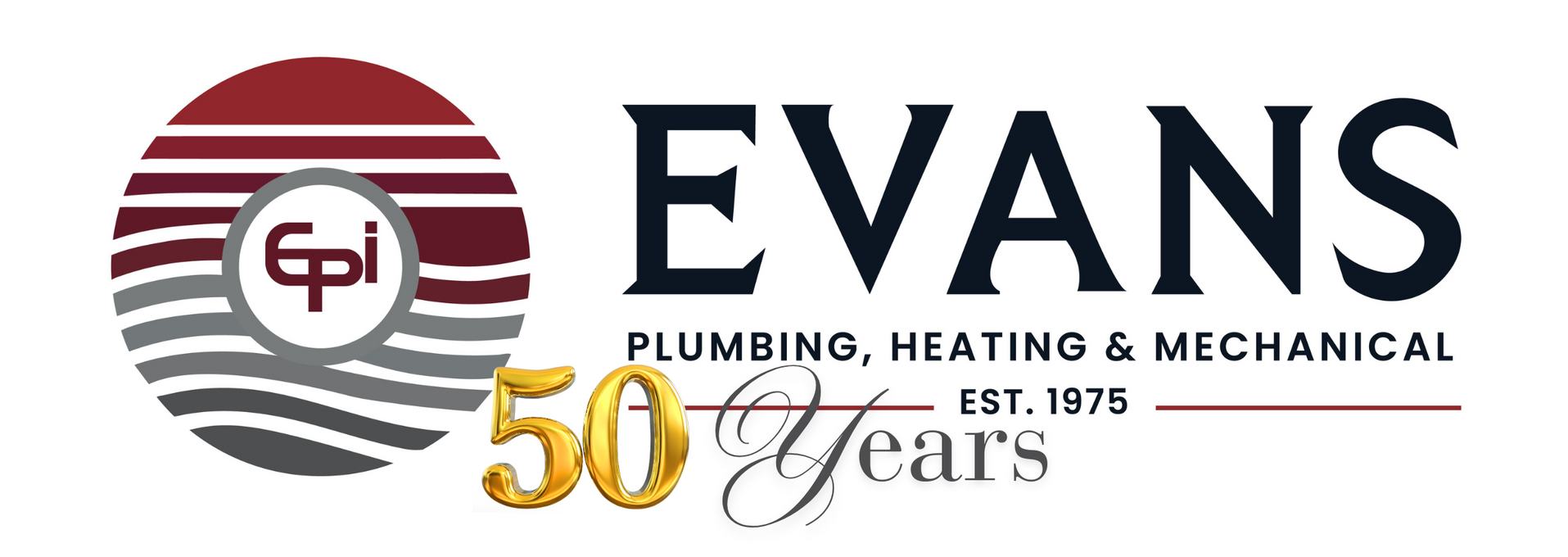
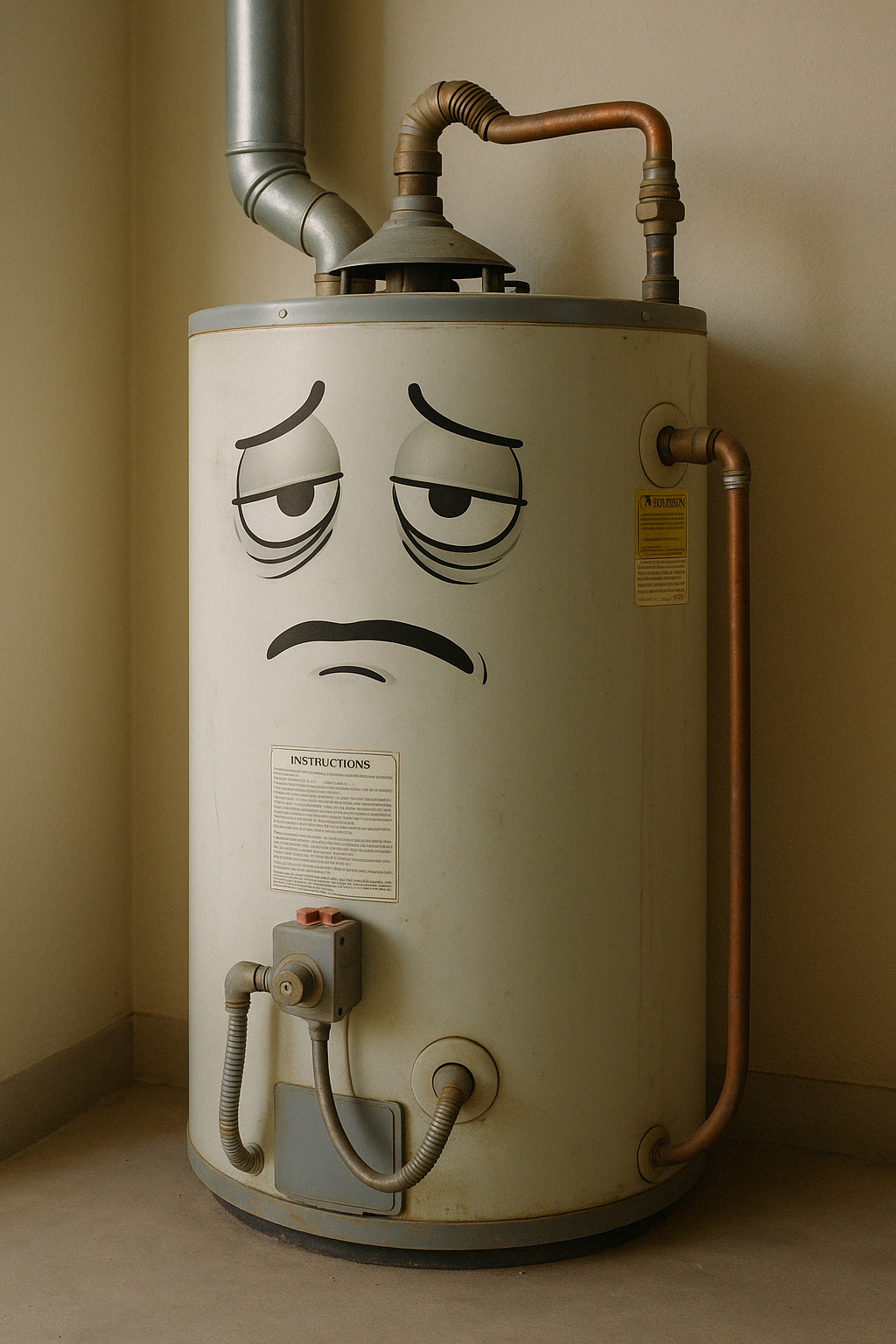
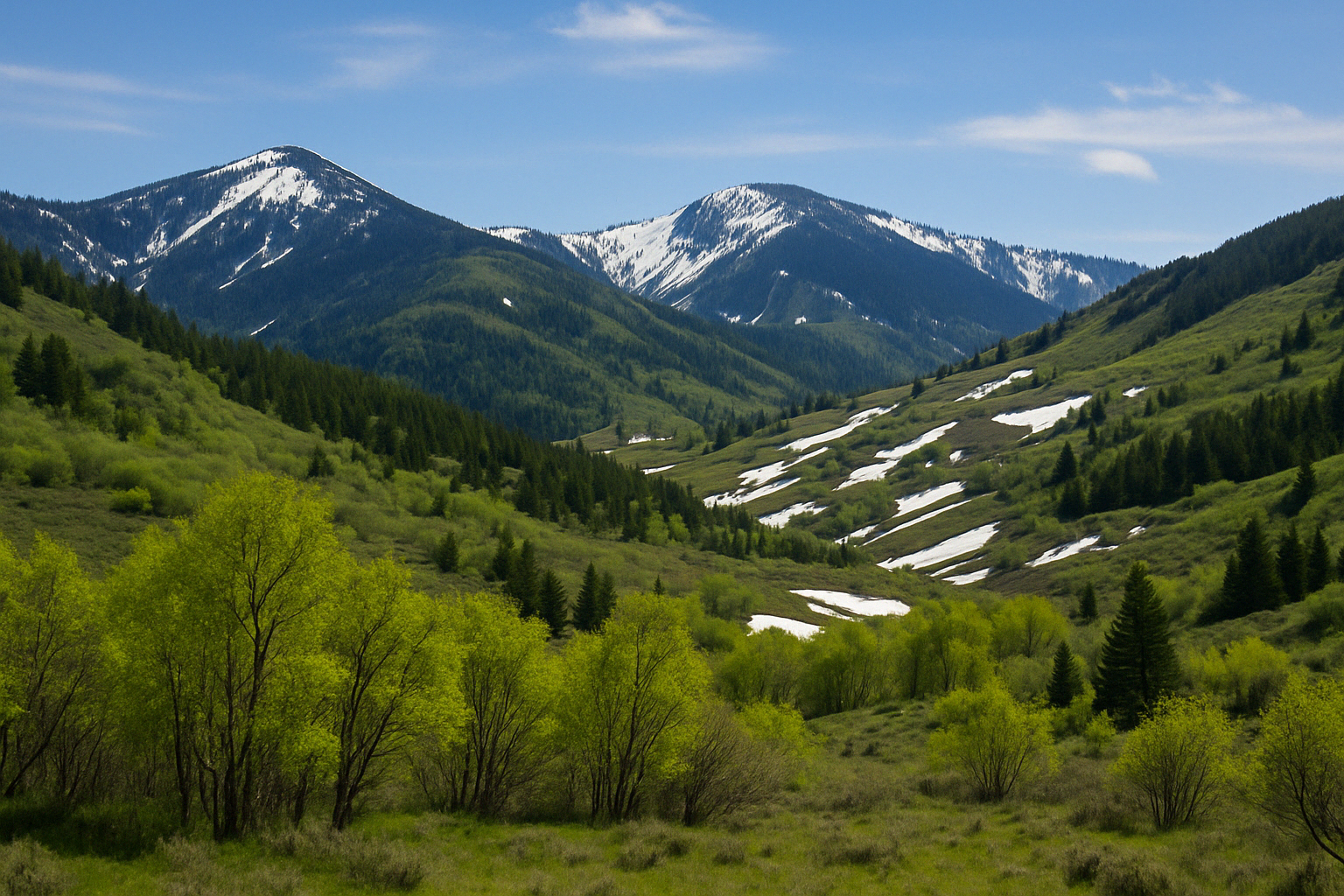
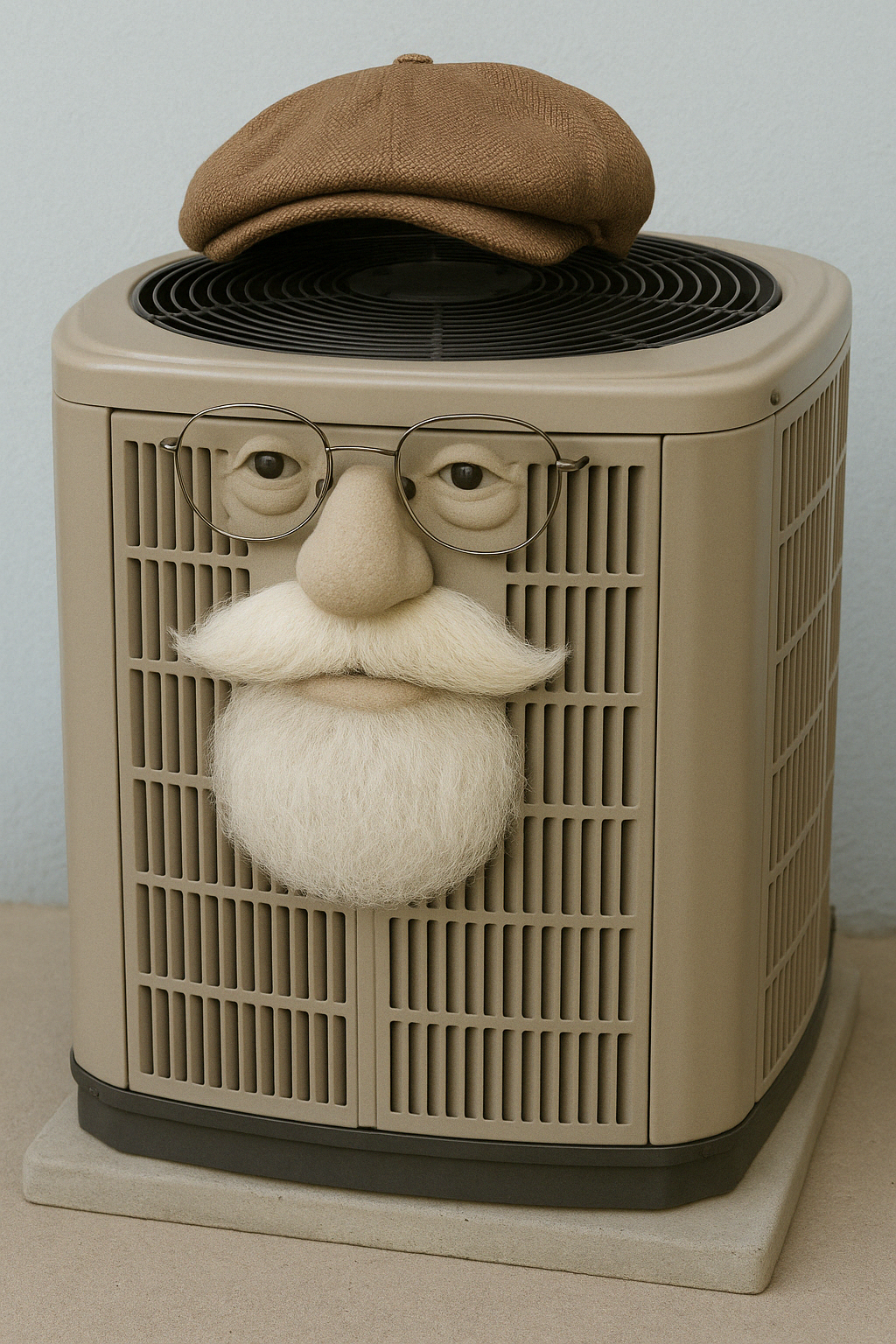
Share On: